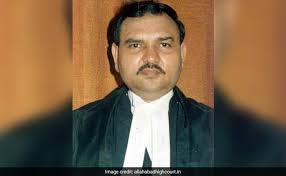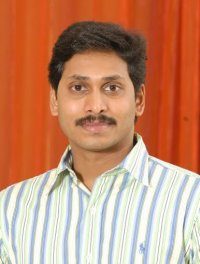22 September 2017
The Central Bureau of Investigation (CBI), yesterday arrested six persons, including a retired Odisha high court judge, for enabling Prasad Institute of Medical College to admit students to MBBS courses despite a Supreme Court order barring them from doing so.
Prasad Education Trust was one of the 46 colleges that were barred by the government because substandard facilities in and non-fulfilment of the required criteria by the medical college.
B P Yadav and Palash Yadav, the owners of the institute, have challenged the Supreme Court decision.
CBI alleged, that the retired high court justice Ishrat Masroor Quddusi, along with four others, conspired to reverse the Supreme Court decision.
CBI conducted raids at eight locations in Delhi, Lucknow in Uttar Pradesh and Bhubaneswar on Wednesday and recovered Rs 19.1 million ($286,000). It was alleged that Quddusi was going to use part of this money to be given as gratification for inducing the public servants by corrupt and illegal means to have the supreme court decision reversed.
The government, after due diligence and after hearing the about the bribery incident, debarred the college from admitting fresh students for two years from 2017. It also authorised MCI (Medical Council of India) to encash the bank guarantee of Rs. 20 million ($300,000).
Over the past four decades private medical education has proliferated in India coupled with deterioration of educational quality. To get admission to a public medical school a student should score more than 80% in marks. Whereas 50% marks is adequate to secure admission to private medical school.
Parents pay Rs. 10 million ($150,000) for admission to a private medical school. Questions are conveniently leaked to students before the examination, invigilation is non-existent during exams. The students are permitted to bring mobile phones into the examination halls so that they can get help from a friend. Some of these things are happening in public medical schools also.
In private medical schools, they teach only “important portions”. The “important portions” are the question papers for the previous 15 years which are taught repeatedly. No question is set outside these past papers.
Most private medical colleges come under the purview of the Supreme Court appointed fee committees in each state, which leaves them room for them to fix fees arbitrarily. To complicate matters many of the private medical schools are owned by politicians. But In 2016, Prime Minister Modi proposed new system of admission through MCI (Medical Council of India). All the admissions for the private medical colleges will be based on the NEET (National Eligibility-cum-Entrance Test) Examination results. This has made it difficult for the private medical schools to collect exorbitant admission donations. The have started now jacking up the annual fees.
There is yet another bold move for Prime Minister Modi to make to uplift the standard of medical education. That is to have a single final public examination for all medical schools. This is not a common practice, but Modi may think differently. This will bring the Indian medical education in par with other countries.














